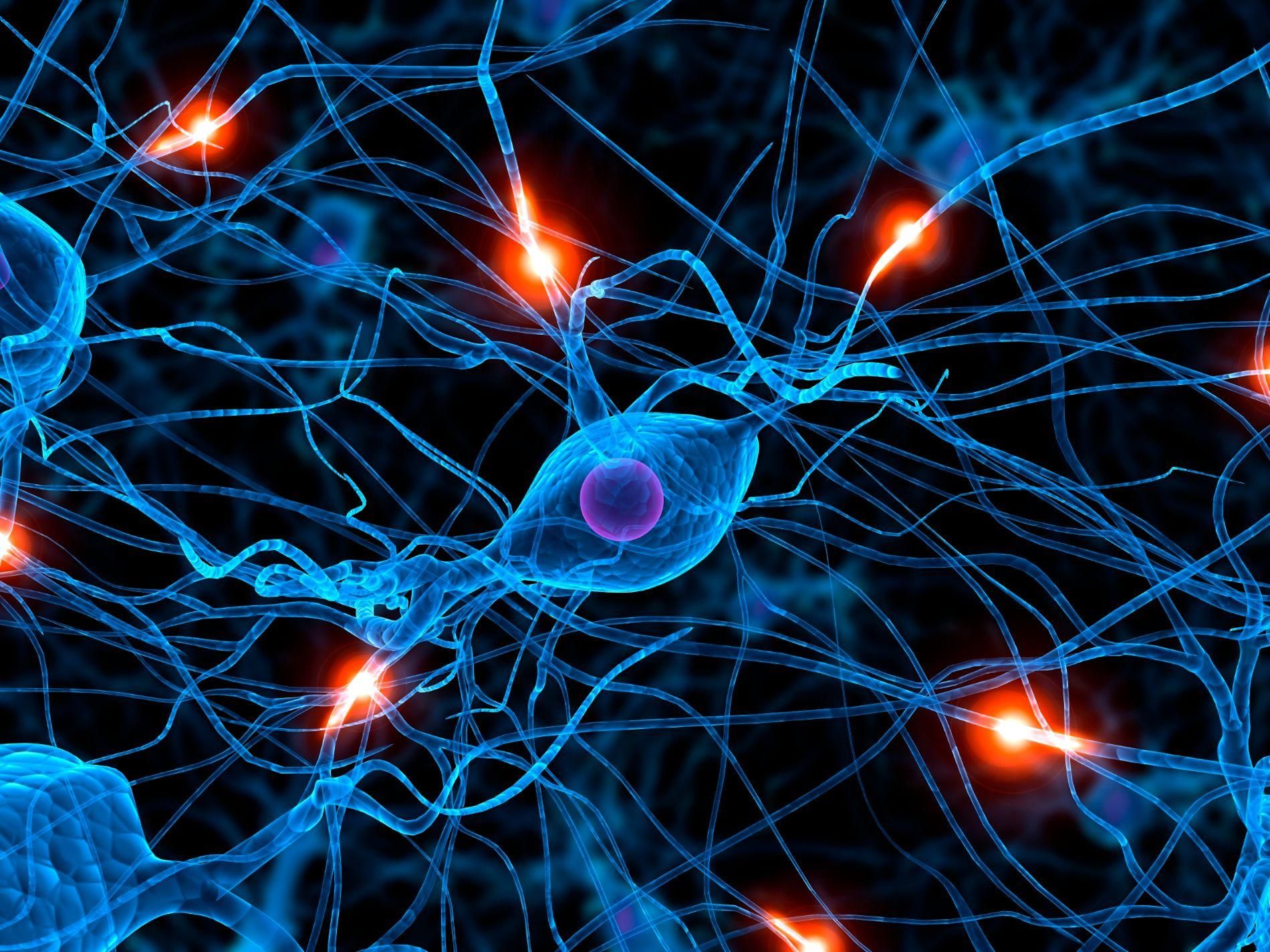Neuro Convention stands as Europe’s leading event dedicated to neuro rehabilitation, uniting the following experts from across the field:
- Occupational therapists
- Physiotherapists
- Speech and language therapists
- Clinicians
- Psychologists
- Case managers
Live demonstrations on the latest innovations in the field of neurological rehabilitation are at the heart of Neuro Convention, alongside a strong emphasis on patient-centred care and the best practices in training for these specific areas:
- Exoskeletons
- Virtual reality
- Neuro-stimulation
- Gait analysis
- Orthotics
- Robot-assisted therapy
Focused discussions on compassionate therapies, integrating rehabilitation into healthcare, therapist well-being, and the human aspects of rehabilitation underscore our commitment to supporting both patients and providers
We look forward to welcoming you on the 25-26 March 2026!



)
)
)
)
)
)
)
)
)
)
)
)
)
)
)
)
)
)
)
)
)
)
)
)
)
)
)
)

)
)
)